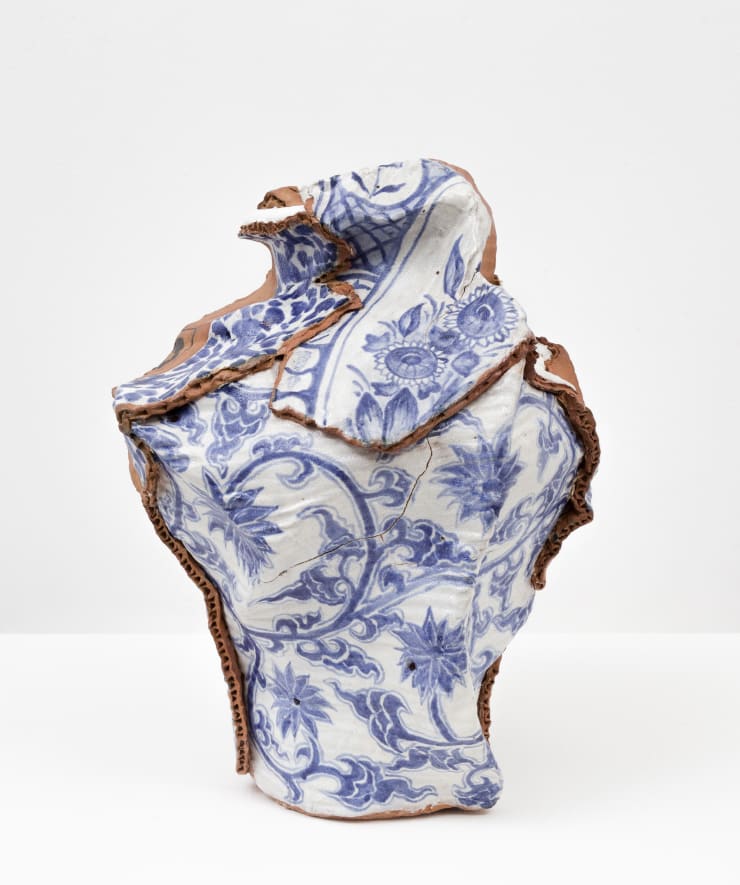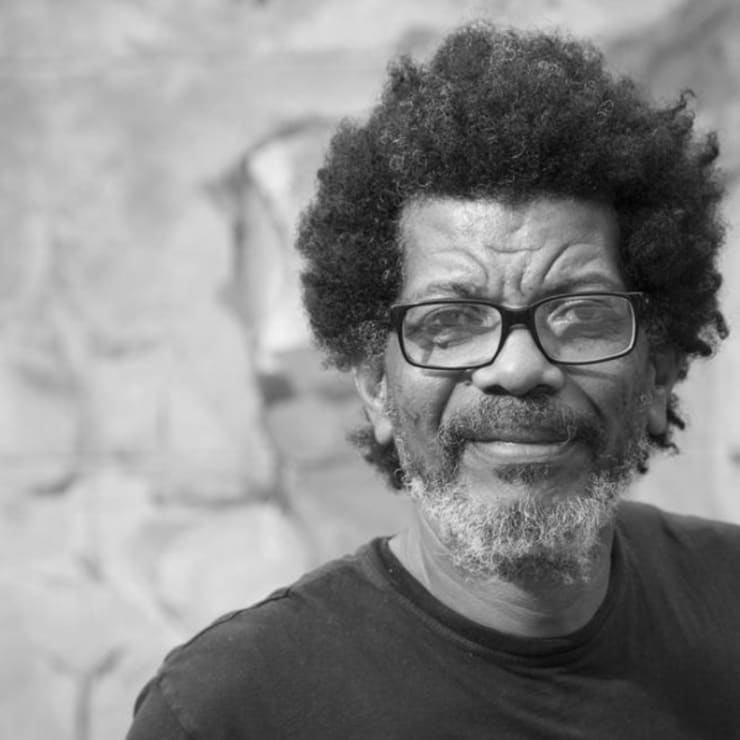-
-
A child from South America once had to take a long trip and pack in its luggage works of art that would describe the things of its own time. The task of this child was to select only 10 artworks from its favorite artists, and the chosen ones were Arjan Martins, Jarbas Lopes, João Modé, Marcela Cantuária, Maria Nepomuceno, Rodrigo Torres and Vivian Caccuri.
The child told us that the cultural heritage of the global south is a complex web of symbolic elements, coming from different backgrounds of common knowledge, built-in from the native indigenous communities, as well as from the intellectual legacy left by the Africans and Europeans that moored here many centuries ago. With a certain sense of optimism, this child believed that those chosen artists were relevant representatives of the complexity of this web: evoking, on its pieces, the cultural and structural importance of difference, and proposing, by their artistic practices, beautiful exercises of building new horizons of thought: about ways of living in collectiveness, and of caring for preserving the difference between us.
-
-
The urgencies of urban and environmental crises have imposed diseases that defy human conditions. Mosquitoes, for example, that cause fever, and what Vivian Caccuri's work talks about, show us a way that tropical fevers can be evidence of the political framework and the severe marks that colonization leaves. In the course of restoring invisible knowledge and identities; nature, the woman, the Afro-Brazilian and the indigenous people emerge as components contested by other artists that the child also carried in its luggage, such as Marcela Cantuária, Maria Nepomuceno and Arjan Martins. Just as weaving is a possibility to build beauty and writing, when many of the origins of the different southern languages are only oral and visual.
To explain, the child took out of its pocket a fruit and divided it in equal parts, showed that the seeds were ideas that had different ways within that fruit. The little seeds were the Fruiture. And the journey would be good and happy because of that.
(“Fruiture”, from “fruturo”, word inspired by Célia Xakriabá’s speech)
The Child's Journey
Past viewing_room











![Maria Nepomuceno, sem título [untitled], 2020](https://artlogic-res.cloudinary.com/w_740,c_limit,f_auto,fl_lossy,q_auto/artlogicstorage/agentilcarioca/images/view/7fc4196261a3ac62b842aeb595f12da9p/agentilcarioca-maria-nepomuceno-sem-t-tulo-untitled-2020.png)


![João Modé, Construtivo [Paninho], música, 2019](https://artlogic-res.cloudinary.com/w_740,c_limit,f_auto,fl_lossy,q_auto/artlogicstorage/agentilcarioca/images/view/65a370a55a137ded8e3ccc4e076030efj/agentilcarioca-jo-o-mod-construtivo-paninho-m-sica-2019.jpg)


![Arjan Martins, sem título [untitled], 2020](https://artlogic-res.cloudinary.com/w_740,c_limit,f_auto,fl_lossy,q_auto/artlogicstorage/agentilcarioca/images/view/3d49787addbee66a9e09a928261ea307j/agentilcarioca-arjan-martins-sem-t-tulo-untitled-2020.jpg)
![Arjan Martins, sem título [untitled], 2020](https://artlogic-res.cloudinary.com/w_740,c_limit,f_auto,fl_lossy,q_auto/artlogicstorage/agentilcarioca/images/view/04898b3fa343111b8c158fc6abe12613j/agentilcarioca-arjan-martins-sem-t-tulo-untitled-2020.jpg)







